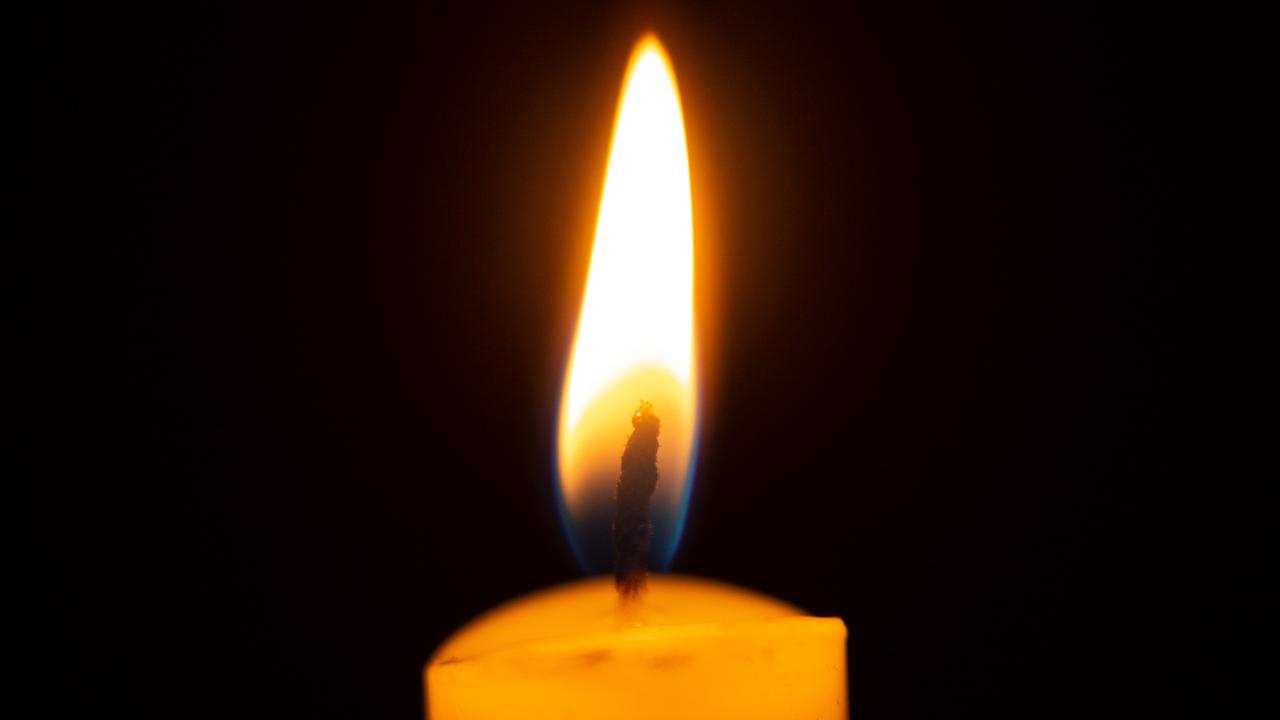How a Japanese schoolgirl beat racist post-war prejudice in small-town Australia — and formed a special bond with a WW2 veteran
IN a town riven with prejudice and hostile memories, it was the most unlikely bond — a Japanese teen and a man who fought her people.

ANZAC Centenary
Don't miss out on the headlines from ANZAC Centenary. Followed categories will be added to My News.
In the summer of 1973 — Carly Simon’s “You’re So Vain” was the number one song, Gough Whitlam was Prime Minister and the last of the Australian Army were preparing to leave Vietnam — a Japanese schoolgirl arrived in the small country town of Merriwa to spend a year on a student exchange program.
Junko Fukasawa was a high-spirited 16-year-old, with very little English and she embraced the cultural dislocation of being transplanted from metropolitan Tokyo, with its population of 16 million people, to the closely-knit NSW community of about 800 residents.
RACISM, JAPAN ... AND BILL SHORTEN

But 28 years after the end of World War II, Merriwa — like many Australian country towns — had a lingering unease towards the Japanese. The local RSL Club was the town’s main social venue and memories of the war were strong.
Japanese were often still “the Japs”, there were stories of men refusing to get in lifts in the city with those of an Asian appearance and Anzac Day was the town’s biggest day of the year, after the local agricultural show.
Memories of those attitudes have flooded back into the headlines today, with Opposition Leader Bill Shorten accused of racism for reviving the flames of wartime anti-Japanese feeling in the debate over buying navy submarines from Tokyo.
In a strongly-worded front-page piece, The Australian’s Troy Bramston wrote that the ALP chief, while addressing a union rally, “seized on the worst instincts of old Australia and made a pitch to workers that stank with racist and protectionist rhetoric. It was an inexcusable performance” as the Labor leader referred to Australia’s bitter WW2 battles with our former foe.
SUB SPEECH PLUMBS DEPTHS: Why Bill Shorten was wrong


Back in Merriwa three decades ago, when Junko arrived the innate suspicion and main-street murmurings that would greet any newcomer to any small town were amplified by her nationality.
Tall for a Japanese girl, something always highlighted in the awkward meet-and-greets she constantly faced, Junko was oblivious to the whispers. She disarmed everyone with her innocent wonderment at country life, her hilarious mispronunciations and traditional Japanese bowing to anyone she met.
The exchange program, organised by the Rotary Club, served a dual purpose. On the surface, it broadened the life experience of students but, less obviously, it also promoted a wider understanding of post-war Japan, its culture and people.
Among Junko’s host families in Merriwa were the McLeans — parents Bill and Nancy, and their children Jill, Peter, Helen, John and Philip (author of this piece).
Bill, a member of the local Rotary and RSL Clubs, was a returned WWII serviceman.
Junko very quickly formed a strong bond with Bill, perhaps in part because she had lost her own father when she was a little girl. She called Bill her “second dad”.
THEY ARE COMING FOR US: The WW2 fears Junko had to overcome
One night, soon after she arrived, Bill and Junko went into the front yard of the Langley Street home and laid side-by-side on the grass, looking up into the night. Junko, who could never see the stars in light-polluted Tokyo, inhaled with amazement at clarity of the country night sky as Bill — no astronomer — pointed out the Milky Way. It took Junko a while to understand how milk got up into the sky and the explanations from Bill would make them both laugh in the cool night air.
This would become a ritual — their thing — during her stay with the McLean family. Looking at the one sky that fell across the world.
Like many of his generation who returned from service, Bill never really talked about his wartime experience. His sons would ask questions and he would deftly deflect. He never answered one. He would attend the Merriwa Anzac Day service, but only very occasionally would he take part in the march.
MOST TREASURED POSSESSION: GIFT KEPT IN A SHRINE

He never wore his four service medals on Anzac Day or any other day. He kept them in his clothes drawer, right at the back behind his shirts and socks. The medals would only ever see the light of day when his curious sons would sneak a peek.
Bill had enlisted in the Royal Australian Air Force in 1940 as an 18-year-old. He trained as an air gunner and wireless operator and was attached to 11 Squadron, which flew Catalina seaplanes.
His service records show that he flew more than 70 missions (bombing and reconnaissance) and, among a lot of action, was in the thick of it when Port Moresby was bombed heavily in March and February 1942.
WHAT DID YOUR PA DO IN THE WAR? How to discover the truth
When his service ended in February 1946, Bill, by then 24, resumed civilian life and, for all appearances, never cared to look back.
He died on September 12, 1985, at the age of 64 — an early death from the cigarettes that comforted him through the waiting of war.
In the days after his death, as his family sorted through his belongings, his sons went to his clothes drawer to look for his war medals. There were only socks and underpants and some loose change and buttons.
When the boys asked their mother where they were, she explained that, 13 years earlier, Bill had driven Junko from Merriwa to Sydney Airport for her return flight home to Japan.
He had put his war medals in the car, and as he farewelled Junko, he gave them to her.
It was, Nancy said, something he had done without explanation and, like his war experience, he had felt no need to talk about it.
‘MEN DO TERRIBLE THINGS’: BILL’S FAREWELL

Years later, when Junko made a return trip to Australia, she visited the maternity hospital where Bill’s youngest son Philip had just had his second child and sat on the end of the bed and took more photographs of one of Bill’s granddaughters than anyone else.
Later, at dinner, with everyone exuberant and tired, Bill’s family asked her if she had the medals. She said yes. Then they asked where does she keep them. She said they are part of a shrine she and her mother have in their home in Tokyo. Then they asked did Bill say anything when he gave the medals to her.
“War is a terrible thing,” she said, searching for the right words in English. “Men do terrible things. There should never be another.”
She also recalled that Bill said “we are all the same, regardless of what happened in war”.
Forty years later, Junko still has the medals and keeps them in a special box she had made and it sits on a shelf in the living room of her home in Tokyo. They are, she says, her most treasured possession.
* Philip McLean, the youngest son of Bill McLean, is the editor of Australian War Stories, which researches and writes personalised books about an individual’s wartime experience. For more information, visit www.australianwarstories.com.au
Originally published as How a Japanese schoolgirl beat racist post-war prejudice in small-town Australia — and formed a special bond with a WW2 veteran


